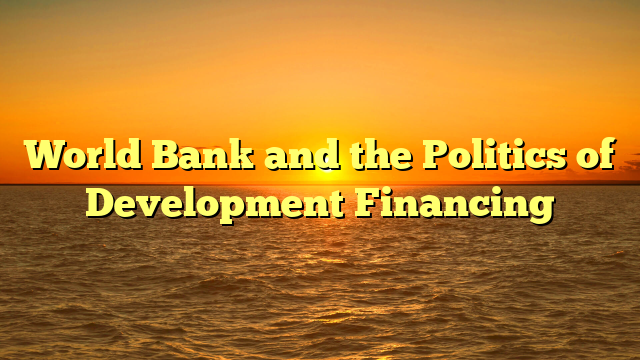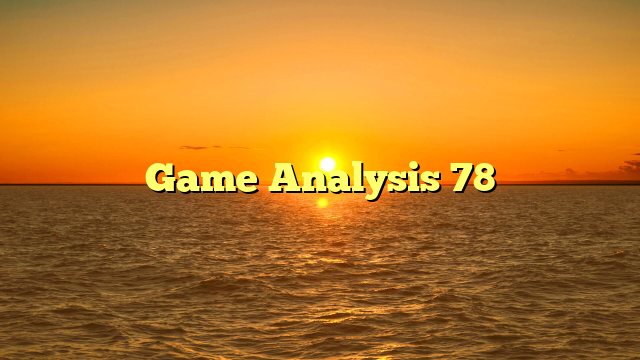One of the most urgent issues in modern politics is the increasing divide between right-wing and left-wing ideologies. wsoslot88 is not only evident in legislation but also in how people engage with each other. Ideological split has led to a breakdown of dialogue, hindering efforts to solve key issues such as climate change, healthcare, and education.
In democracies, elections remain a vital mechanism for expressing the will of the people. However, recent years have seen an increase in disinformation, voter suppression, and outside meddling. These factors threaten the integrity of the electoral process and erode public trust in democratic institutions.
Another important trend is the emergence of populist leaders, who appeal to the public by opposing the elite. While some see populism as a refreshing change, others argue it destabilizes democratic norms and encourages illiberalism.
Globally, geopolitics have become increasingly complex. Conflicts between nations, such as the U.S. and China or NATO and Russia, are redefining alliances and diplomatic relations. Moreover, topics including climate change, pandemics, and cyber warfare require collaboration rather than isolationism, yet political will to act collectively remains insufficient.
The public are becoming more active in politics than ever before, thanks to digital communication. Grassroots movements, online petitions, and digital activism have allowed ordinary individuals to participate. However, this also comes with the challenge of misinformation spread, where people are often isolated within opinions that reinforce their own.
Looking ahead, the path forward will depend on the capacity of societies to bridge divides. Policies based on facts, inclusive dialogue, and cooperation will be crucial for building stable societies. Without these, politics risks becoming more about winning than about governance.
In conclusion, modern politics face numerous obstacles, but they also offer opportunities for change. Whether through grassroots activism, the potential to enhance governance and create a better future remains within reach — if we choose to act collectively.


